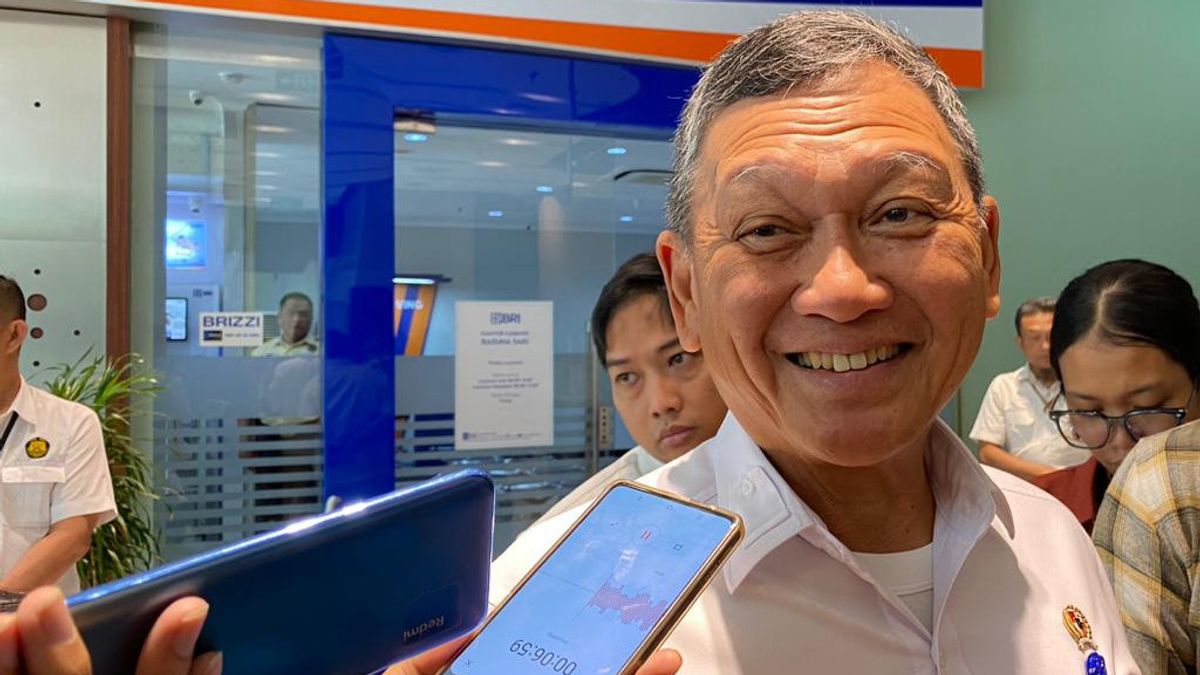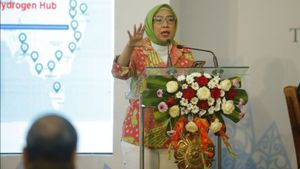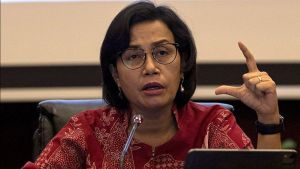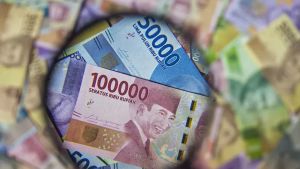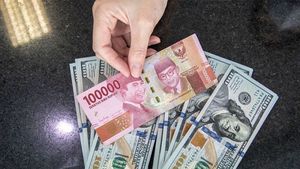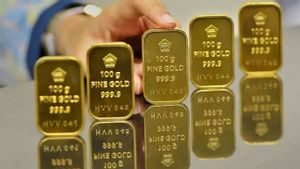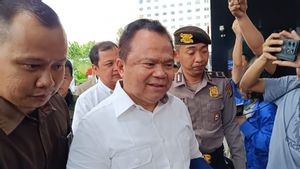JAKARTA - Minister of Energy and Mineral Resources (ESDM) Arifin Tasrif said the construction of a mineral refining facility (smelter) has challenges, especially in the provision of electric power.
He explained that the electricity needed for smelters is very large, and the majority is still produced by coal-based power plants that produce large exhaust emissions.
"In Sulawesi itself, the smelter that is here, consumes approximately 20 GW, and is dominated by coal, so if the carbon emissions are calculated, this is a million tons, now of course this will be a challenge for the smelter industries here," said Arifin in his statement to the media, Thursday, July 4.
This, he said, is a challenge for the smelter industry, because now the world is demanding products that are the result of the use of clean energy.
"European countries are already racing to encourage the use of clean energy and have started implementing a mechanism called 'Cross Border Carbon Mechanism', later there will be a taxation problem for CO2 gas emissions going forward," he added.
Through the implementation of Cross Border Carbon Mechanism, Arifin added, there will be an imposition of a carbon tax, so that domestic industrial products will be burdened with the carbon tax and will become expensive and uncompetitive.
Currently, the government is preparing a plan to be able to provide electricity with energy that has low carbon emissions, because Indonesia has enormous natural resources, such as the prospect of gas sources in the Masela Block which will be produced by 2030 with a projection of 10.5 million tons of LNG per year.
Then in the Makassar Strait there is an ENI field that will be produced in 2027-2028, as well as a block in North Sumatra, namely the Andaman Block.
Another great potential, explained Arifin, is solar energy in Indonesia, then wind potential, but because the supporting industry is limited, these great potentials have not been utilized optimally.
SEE ALSO:
Another potential that has not been maximized is hydro potential located in North Kalimantan and Papua.
By utilizing these potentials, the products produced come from low energy emissions so that the price can be competitive.
"Of course it can be a great opportunity that can be captured by the industry, how can we prepare products supported by clean energy to be able to compete globally. Our products also do not depend on one market that has not implemented the Carbon Mechanism Cross Border, because the products are already international and competitive.," he concluded.
The English, Chinese, Japanese, Arabic, and French versions are automatically generated by the AI. So there may still be inaccuracies in translating, please always see Indonesian as our main language. (system supported by DigitalSiber.id)
